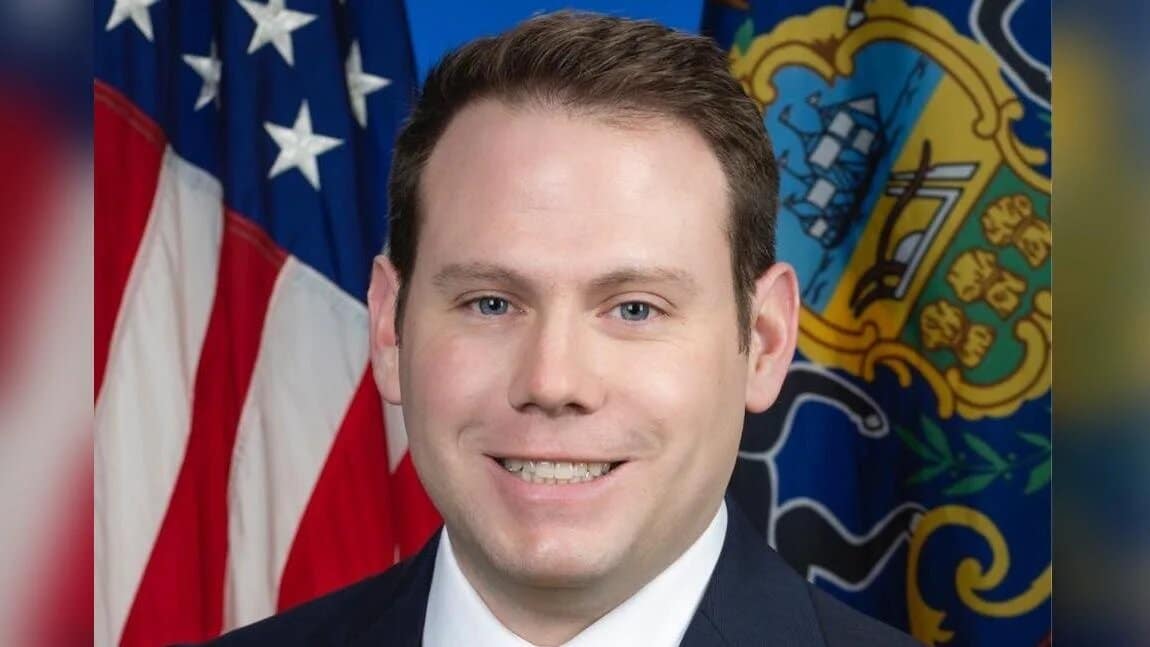A regulatory sandbox bill proposed by State Senator Jarrett Coleman (R-Bucks) would allow businesses to request to waive state laws and regulations, which critics say would be bad for environmental protection in Pennsylvania.
SB 245 would establish a Regulatory Sandbox Program, a Regulatory Relief Office, and an advisory committee made up of state residents. A regulatory sandbox allows businesses to sidestep regulations for an amount of time in order to purportedly foster innovation and growth. The proposed new Regulatory Relief Office can reject any applications that cause “likely and significant harm to the health, safety, or financial wellbeing of consumers that the relevant law or regulation protects against.” However, the bill does not mention the environment.
In a statement via email, Senator Coleman affirmed the bill’s environmental implications.
“It would certainly be possible for businesses to seek waivers for Pennsylvania’s environmental regulations, but they would continue to be held to federal standards,” Coleman said. “If an application for participation is denied for environmental concerns, members of the advisory committee would be able to review that decision as it relates to state regulations and could, via a two-thirds majority, override the denial.”
The idea of regulatory sandboxes has been championed by The Libertas Institute, a think tank based in Utah. According to its website, states such as Montana, Wyoming, South Dakota, and Florida currently have industry-specific regulatory sandboxes in place. States such as Utah, Kansas, and Kentucky have a universal sandbox in place.
State Senator Steve Santarsiero (D-Bucks) voiced his opposition for Coleman’s measure in an email, saying regulatory sandboxes pose dangers to consumers and the bill itself “opens the door to potential abuse, fraud, or harm” by exempting select companies from regulations.
“It effectively turns Pennsylvanians into test subjects for experimental financial services that may not yet be safe or viable,” Santarsiero said.
David Hess, who served as the Secretary for PA’s Department of Environmental Protection under Governor Mark Schweiker and now runs a blog called PA Environmental Digest, said the concept of regulatory sandboxes are not generally popular, largely because it doesn’t make sense from a business perspective. The waivers the bill would grant, Hess said, would only be valid for a couple years.
“Why would you start a business that would potentially end in three years because a state regulation is in effect? This concept of a sandbox sounds real nifty in a press release and talking points, but in practicality it just doesn’t work,” Hess said.
Although it isn’t clear what the environmental effects of Coleman’s bill would be, Hess said that regulation exists because either the environment was harmed, public health was damaged or safety was compromised. Laws and regulations are “put into effect for a reason.”
“It effectively turns Pennsylvanians into test subjects for experimental financial services that may not yet be safe or viable.” – State Senator Steve Santarsiero
“This bill would allow you to set aside any state law, you could pollute the air as much as you want, you could pollute the water as much as you want, you could do anything essentially that you wanted that would ordinarily violate the law,” Hess said.
In an email John Walliser, Senior VP of Legal and Government Affairs on the Pennsylvania Environmental Council, said the wording of the bill “leaves a number of unanswered questions about how it will ultimately work and the scope of rules impacted.”
“It might be better to pilot this type of effort with one subclass of products – the legislation does reference both insurance and financial products, although its scope is much broader – before broadening it to a wide array of agencies,” Walliser said.
The proposed advisory committee, according to the bill, “need not be residents of this Commonwealth.” They would be able to override the decision of an agency to reject an application for the Sandbox program. This overriding would have “no judicial review.”
Liz Green Schultz, political director of Clean Air Action, expressed skepticism about Coleman’s bill passing into legislation.
“As an environmental and civil rights attorney I can confidently say this bill would be bad for the environment and may be unconstitutional. I cannot imagine this bill as written passing the House – nor do I imagine it was intended to,” Schultz said.







